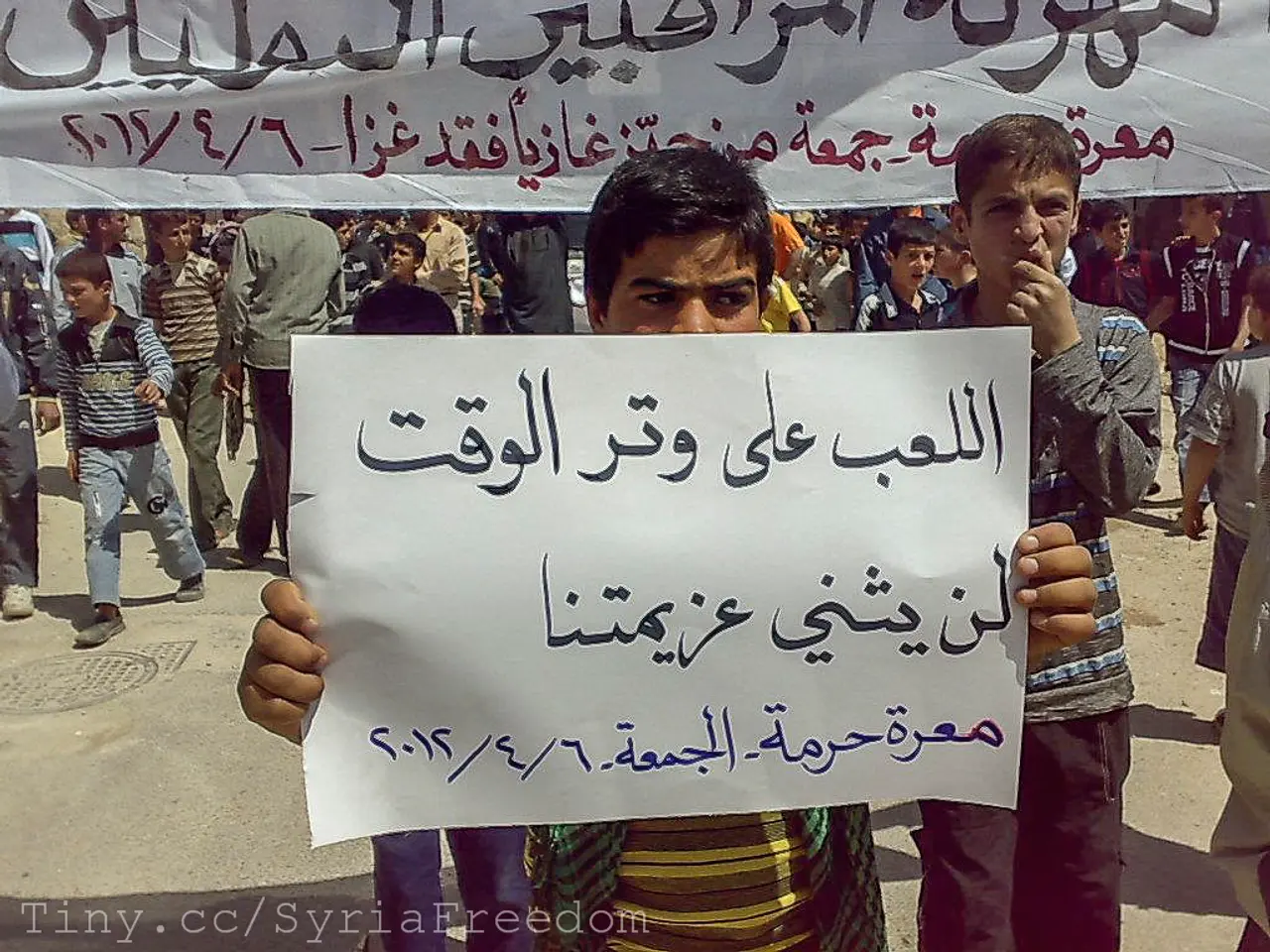Reducing the scope of capital punishment: Reasons behind its diminishment
In a significant shift towards international norms, Vietnam has announced a comprehensive overhaul of its criminal justice policy, with the 2025 amendments to the Penal Code formalizing a strategic trade-off: leniency in exchange for asset recovery.
The reform, effective from July 1, 2025, abolishes capital punishment for eight more crimes, including corruption-related offences and certain national security violations. These crimes, previously punishable by death, will now be punishable by life imprisonment.
The decision to reduce the number of capital offences was driven by the need to align Vietnam's laws with evolving socio-economic conditions and to address issues with the current structure of capital punishment. Minister of Public Security Luong Tam Quang noted that the previous structure was problematic and did not align well with crime prevention realities.
The eight offences no longer liable to the death penalty are: acts to overthrow the people's administration, espionage, sabotaging national security infrastructure, manufacturing/trading counterfeit medicine, illegal drugs transporting, embezzlement, bribery, and waging a war of aggression.
The removal of the death penalty for corruption-related crimes, specifically embezzlement and bribery, is the most debated aspect of the reform. Supporters argue that it affirms Vietnam's commitment to human rights and aligns with global trends.
Vietnam has slashed the number of offences subject to capital punishment to just 10. As of July 1, the following 10 crimes remain eligible for the death penalty: treason, insurrection, terrorism against the state, murder, rape of a minor under 16, illegal production of narcotics, drug trafficking, acts of terrorism, crimes against humanity, and war crimes.
The reform reflects efforts to improve international cooperation and relations, as Vietnam seeks to align its legal framework with global human rights standards. The international community has welcomed this move as a positive step towards potentially abolishing the death penalty entirely.
As of 2024, 113 out of 193 UN member states have abolished the death penalty either in law or in practice. By removing the death penalty from more offences, Vietnam has made its legal framework more compatible with that of its partners, thereby facilitating smoother collaboration on transnational crime.
The law introduces a retroactive clause for those sentenced to death for the eight abolished offences, their sentences will be commuted to life imprisonment. Since 2019, the only legal method of execution has been lethal injection.
The reform is seen as an important signal that new criminal code amendments should apply immediately, even to those already judged. NA Deputy Nguyễn Thị Việt Nga emphasized that abolishing the death penalty should be seen as a more appropriate legal choice that respects human dignity.
Critics, however, argue that the reform may weaken deterrence, especially for crimes like drug trafficking or producing fake medicine. Nonetheless, the move towards a more humane and globalized criminal justice system in Vietnam is undeniable.
[1] Pham, T. (2025). Vietnam's Penal Code Amendments: A New Era in Criminal Justice. The Diplomat. [2] Nguyen, L. (2025). Vietnam's 2025 Criminal Policy Reform: A Step Towards Global Standards. Viet Nam News.
- The 2025 amendments to Vietnam's Penal Code mark a significant shift towards international norms in criminal justice, with the strategic trade-off of leniency in exchange for asset recovery.
- In line with evolving socio-economic conditions and addressing issues with the current structure of capital punishment, Vietnam has abolished capital punishment for eight crimes, including corruption-related offenses and certain national security violations.
- Seven crimes no longer eligible for the death penalty include acts to overthrow the people's administration, espionage, sabotaging national security infrastructure, manufacturing/trading counterfeit medicine, illegal drugs transporting, embezzlement, and bribery.
- Critics argue that the reform may weaken deterrence, especially for crimes like drug trafficking or producing fake medicine.
- Nevertheless, the move towards a more humane and globalized criminal justice system in Vietnam is undeniable, with the reform serving as an important signal that new criminal code amendments should apply immediately, even to those already judged.
- The international community has welcomed Vietnam's decision to remove the death penalty from more offences as a positive step towards potentially abolishing the death penalty entirely, thereby facilitating smoother collaboration on transnational crime.








